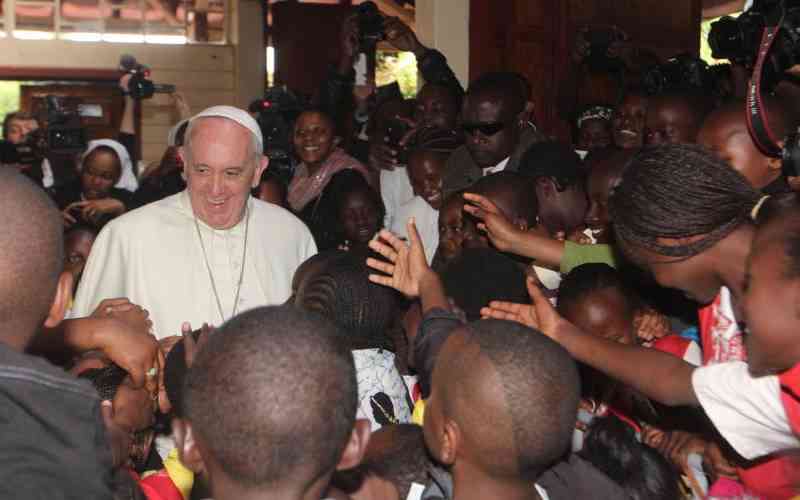×
The Standard e-Paper
Join Thousands Daily

Pope Francis, elected to lead the 1.2 billion Catholics on March 12 2013, will be remembered as perhaps the Pope who helped transform the Catholic Church most.
On 9th and 10th October 2021, Pope Francis, the first Pope from outside Europe, launched a referendum of sorts in the Vatican to help transform the Catholic Church through a new journey of faith known as the Synod on Synodality.